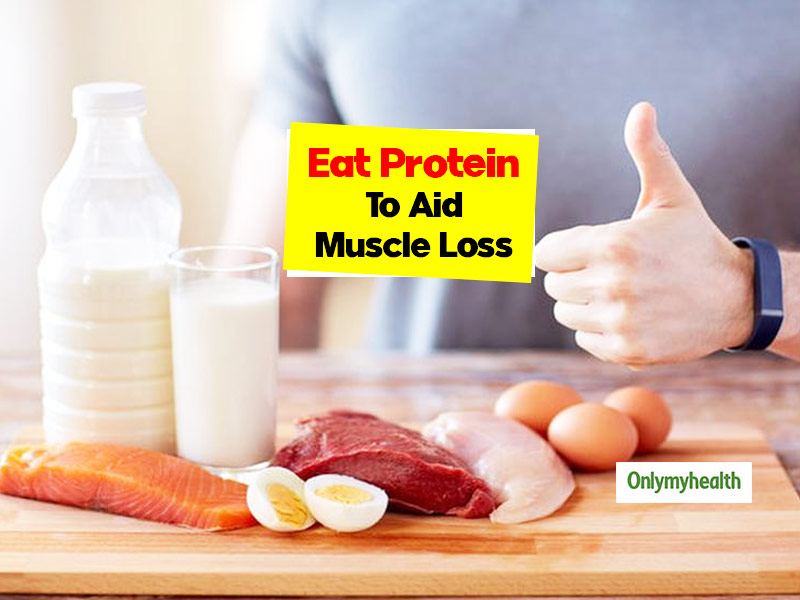
A balanced diet is the key to healthy living. It is advised that one should eat proper proportions of nutrients, protein, fats and carbs to maintain health. However, most of us ignore this advice and eat whatever we can without looking at the nutritional value. With age, the dietary requirements of the human body changes which you must abide by to prevent various age-related issues such as muscle loss. This is a common problem that older people face with advancing age. Experts have found that eating protein in breakfast and lunch can aid muscle loss. Most people consume protein at odd times such as dinner which is not good for their health.
Table of Content:-
Protein Intake and Muscle Loss
Age brings a lot of major changes in our body with modification in various mechanisms, muscle production being one of them. To stimulate the production of new muscles, protein is a must. Aging slows down the bodily functions which is why older people need to consume more protein as compared to adults to maintain their muscle mass.
However, eating extra protein is not enough, older people are required to even out their protein intake in their meals to allow the stimulation of muscle production through protein.
A team from the School of Sport, Exercise and Rehabilitation Sciences at the University of Birmingham, United Kingdom conducted this research on protein and muscle loss in older people. For this, they analyzed the protein intake of adults, middle-aged and older people.
The team found that most of the people consumed the required amount of protein as per the guidelines but uneven protein distribution was a point of concern. They found that as compared to adults, older people tend to eat less protein or low-quality protein such as bread in daytime meals. Thus, they concluded that older people must follow nutritional guidelines for protein consumption to help protein stimulate muscle production thereby preventing muscle loss.

Also Read: Surprising Benefits Of Drinking Protein Coffee
Dr. Benoit Smeuninx, lead researcher of the study said, "We know that older people show a blunted response to muscle building when consuming a certain amount of protein. Therefore, older individuals need to eat more protein to get the same muscle-building response as younger and middle-aged people. Another way to help muscles make better use of dietary protein is to perform regular exercise."
"Most people are reaching the Recommended Daily Allowance of protein, but our results show that a one-size-fits-all guideline for protein intake isn't appropriate across all age groups. Simply saying older people should eat more protein isn't really enough either. We need a more sophisticated and individualized approach that can help people understand when and how much protein to consume to support muscle mass," Smeuninx added.

Also Read: 10 Vegetables That Have More Protein Than Meat
Here are some high-protein foods that you can include in your diet:
- Whey protein
- Black beans
- Nuts
- Flax seeds
- Cottage cheese
- Low-fat chocolate milkshake
- Eggs
- Red meat
- Chicken
- Fish
- Turkey
Old people must maintain their protein intake if they want their muscles to remain as is.
Read More in Healthy Diet
How we keep this article up to date:
We work with experts and keep a close eye on the latest in health and wellness. Whenever there is a new research or helpful information, we update our articles with accurate and useful advice.
Current Version